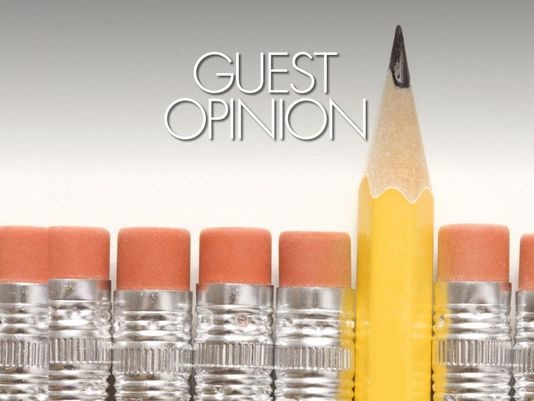
Fangren Yu, guest opinion, Press Citizen
Donald Trump’s surprise victory last week roused many concerns among international students at the University of Iowa. Many of these concerns are based on the xenophobic rhetoric Trump employed during his presidential campaign. However, Trump’s radical campaign rhetoric differs from realistic policies. Although Trump cannot prevent international students from pursuing their education in America, his protectionist policies will affect them. Based on my knowledge and background as a Chinese student, I would like to share my views.
Trump has always favored hard line economic policies in regard to China. During his campaign, he repeatedly mentioned that he would impose more tariffs on imports from China. Even while Trump is still president-elect, his potential protectionist tariffs have already caused the Chinese government to exercise caution. In response, China has already begun to devalue its currency, not only to keep its domestic market stable, but to deal with Trump’s future policies in advance. Consequently, with the specter of their tuition becoming more expensive than ever before, Chinese students will need to exercise economy in their spending. At the same time, the future availability of scholarships to international students is uncertain, due to Trump’s stated policy of “America first.”
Although Trump’s guarantee of the primacy of the American worker will certainly have a negative impact on immigrants, it is unlikely to have the same impact on international students. For one thing, according to their visas, international students are not allowed to work off-campus. This differs from the work rules in many other English-speaking countries, such as Australia and New Zealand. According to Trump’s logic, during their studies, students are not a threat to American jobs. Also, the expansion of international student enrollment to public universities is always beneficial to local economies. For these reasons, it seems unlikely that Trump’s rhetoric will translate into practice.
Nevertheless, the common concerns of international students toward Trump and the current situation are legitimate. Since last year, Trump’s repetition of protectionist policies, and his bold rhetoric have helped to exalt him to the position of president-elect. The recent appearance of posters about racism on campus, coupled with open conflict between people of differing political views have aroused confusion and panic among international students. Rather than the prospect of radical policy changes, it is an uncertain and hostile environment that has caused concern.
Fangren Yu is a student at the University of Iowa. This is a follow up column to one he wrote before the election.